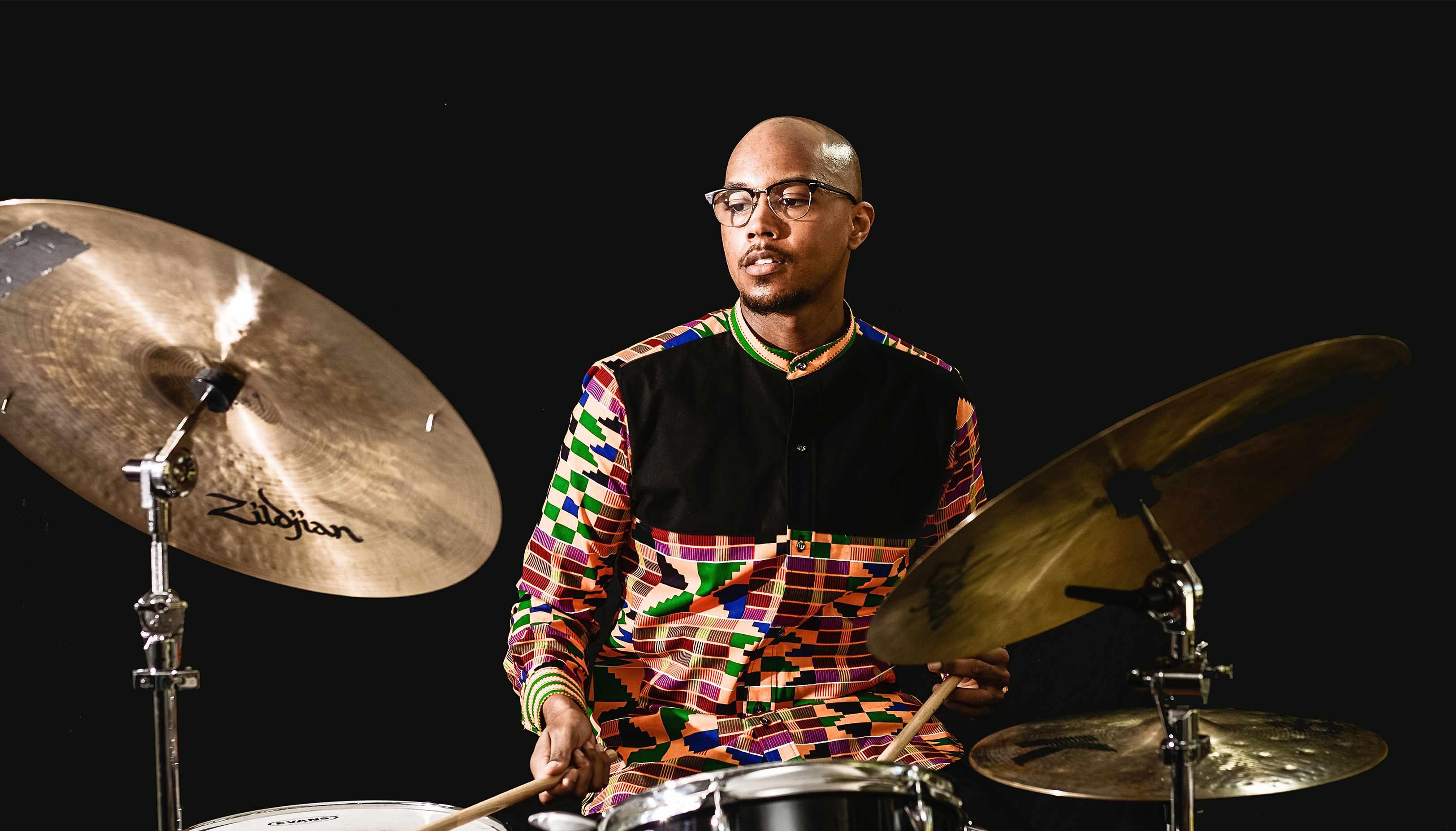By Regina Rossello
E.K. Ellington Scott has always felt a close connection to jazz. Named after the famous jazz pianist and composer Edward Kennedy “Duke” Ellington, Scott grew up listening to jazz, which inspired his passion for it. Now, as a doctoral student of architectural acoustics at Rensselaer Polytechnic Institute (RPI), he is researching something that has rarely been studied — the acoustics of jazz venues.
After completing his undergraduate education, a dual degree in physics and jazz performance, Scott served as an acoustic consultant at Akustiks LLC. It was there that he worked on a range of projects including concert halls, museums, airports, performing arts centers, studios, and conservatories. Through this experience, he noticed a gap in acoustics research. “I found there wasn’t effort in understanding the needs of musicians outside of an orchestra, especially in jazz and other improvised music,” he said.
This led Scott to architectural acoustics for his graduate studies and having the opportunity to collaborate with Jonas Braasch made RPI a great fit. Braasch, a professor in the School of Architecture and the associate director of research for the Curtis R. Priem Experimental Media and Performing Arts Center, is also an acoustician, musicologist, and sound artist. “I wouldn’t be able to collaborate with anyone else in the world,” Scott said. “We share similar passions in jazz, spatial audio technologies, and an eagerness to explore the acoustics of music from other non-Western European classical traditions.”
During his time at RPI, Scott worked at NASA’s Langley Research Center as an acoustic research intern. There, he updated the calibration framework for the center’s psychoacoustic testing facility. “It was always a dream to work at NASA,” he said. “Seeing the interdisciplinary nature of acoustics gave me the inspiration to pursue an internship involving acoustics and signal processing.”
After graduating this August, Scott will begin work as an engineering scientist at Applied Research Laboratories at the University of Texas at Austin, where he will work in the areas of underwater acoustics and signal processing. He hopes the research he conducted at RPI will inspire a more inclusive design of performance spaces. “I hope my research shows the importance of inclusion of all forms of music, having intention in the design of spaces primarily used for jazz and other improvised music.”




